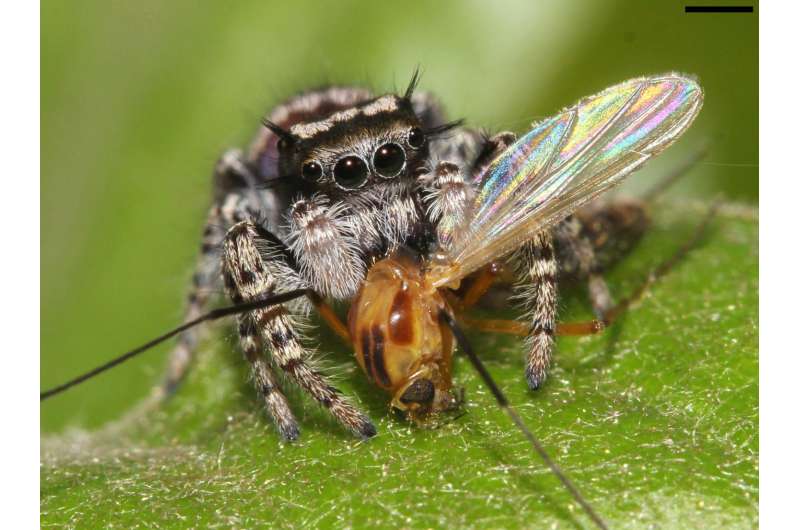Around 400 800 million tons of prey are killed yearly by the spider family

Around 400-800 million tons of prey are killed yearly by the spider family.

Introduction
Spiders, known for their unique web-building abilities and often frightening appearance, are one of the most successful predators in the animal kingdom. With more than 48,000 known species, they can be found in almost every corner of the globe. These remarkable arachnids play a crucial role in maintaining the delicate balance of our ecosystems. Recent studies have estimated that the spider family collectively kills an astonishing amount of prey each year, ranging from 400 to 800 million tons1^.
The Spider’s Predatory Nature

Spiders are carnivorous creatures and have evolved various strategies to capture their prey. While some build intricate webs to trap unsuspecting insects, others are active hunters, ambushing or chasing down their targets. The vast majority of spider species feed exclusively on other invertebrates, such as insects and other arachnids. However, there are a few exceptions; certain species have been observed preying on small vertebrates like frogs, lizards, and even birds.
The Impressive Impact
The sheer magnitude of the prey consumed by the spider family each year is truly remarkable. These small arachnids collectively eliminate an average of 400-800 million tons of prey annually, making a significant contribution to pest control and the regulation of insect populations1^. Spiders, although often overlooked and misunderstood, have a vital ecological role in maintaining the balance of nature.
Ecological Benefits
By consuming such vast quantities of prey, spiders help control insect populations, reducing the need for pesticides in agricultural settings. This indirect pest control service provides a more sustainable and environmentally friendly approach. In fact, research suggests that spiders may be as effective as chemical pesticides in managing insect populations, with the added advantage of not harming beneficial insects or contaminating the environment1^.
Conclusion
The spider family’s remarkable ability to capture and consume an estimated 400-800 million tons of prey yearly underscores the invaluable role they play in our ecosystems. From pest control to the regulation of insect populations, spiders offer ecological benefits that aid in maintaining the delicate balance of nature. So, the next time you come across a spider, take a moment to appreciate these incredible creatures and the pivotal role they play in our world.
[Reference][^1^]: C. Nyffeler, K. Birkhofer, and S. L. Balestri “An estimated 400–800 million tons of prey are annually killed by the global spider community”, The Science of Nature, vol. 104, no. 9-10, 2017. Link to Article
Related Posts
Quick Links
Legal Stuff

